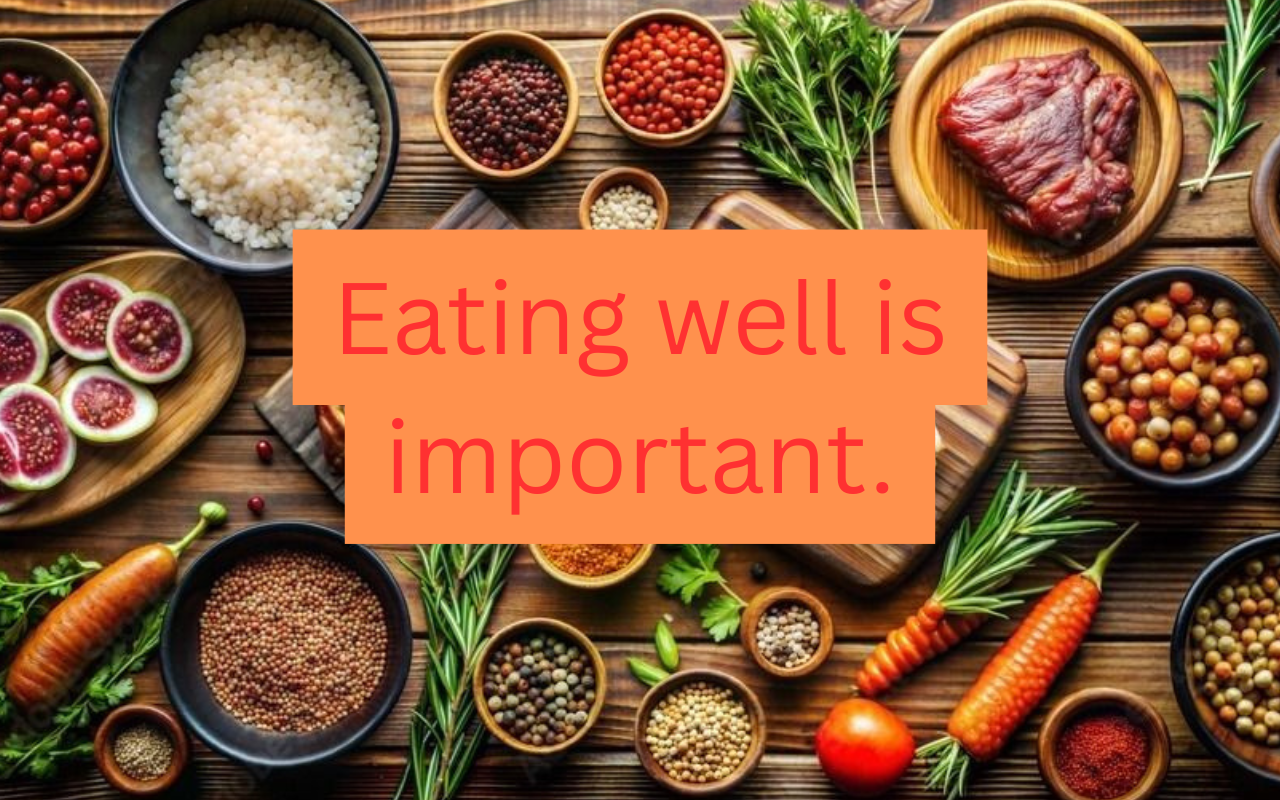For the mature woman, eating is no longer about chasing trends, quick fixes, or numbers on a scale. It is about honoring the body, respecting needs, and cultivating balance. Moving beyond diets allows women to reconnect with food as nourishment, pleasure, and ritual, rather than obligation or guilt.
Why a Mature Approach Matters
Research shows that restrictive diets can increase stress, disrupt metabolism, and harm long-term health (National Institutes of Health — www.nih.gov). Conversely, mindful eating—attuned to body signals, nutritional needs, and satisfaction—supports energy, emotional well-being, and longevity.
Principles of Balanced Eating
- Whole Foods as Foundation: Vegetables, fruits, legumes, whole grains, and quality proteins fuel vitality.
- Mindful Portions: Tune into hunger and satiety, eating for nourishment rather than pressure.
- Healthy Fats and Proteins: Support hormone balance, brain health, and skin elasticity.
- Enjoyment Without Guilt: Occasional indulgences—chocolate, a fine meal, or a glass of wine—enhance balance and satisfaction.
- Hydration as Ritual: Drinking water or herbal infusions intentionally keeps the body energized and present.
Practical Habits
- Plan With Flexibility: Prepare simple meals that fit lifestyle and honor the body’s rhythms.
- Eat Mindfully: Slow down, savor flavors, textures, and aroma.
- Adapt to Life Stages: Recognize changing nutritional needs across age and activity levels.
- Listen to the Body: Adjust intake according to energy, stress, and hormonal cycles.
The Feminine Wisdom of Eating
Food becomes more than sustenance—it becomes an act of respect, pleasure, and presence. A mature woman chooses nourishment consciously, integrating wisdom, balance, and joy into every meal.
Conclusion
Moving beyond diets is a declaration of autonomy and self-care. By embracing food as fuel, ritual, and pleasure, the mature woman cultivates strength, vitality, and inner balance, honoring both body and spirit.
Sources:
- National Institutes of Health — www.nih.gov
- Harvard Health Publishing — www.health.harvard.edu
- Cleveland Clinic — my.clevelandclinic.org
- American Psychological Association — www.apa.org




